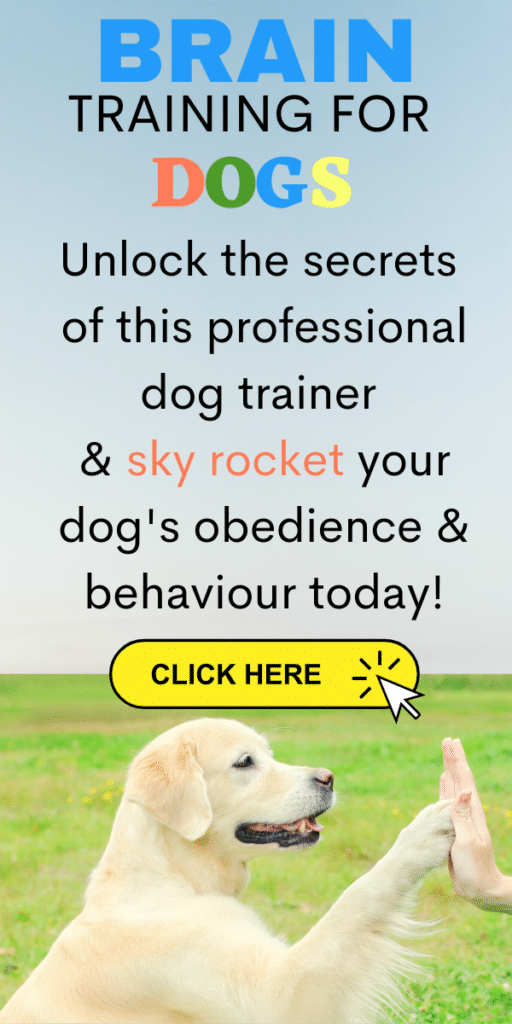Understanding Aggressive Dog Behavior
Aggression in dogs is a serious issue that can lead to dangerous situations if not addressed properly. Whether your dog exhibits territorial aggression, fear aggression, or dominance-related aggression, proper training is essential to correct this behavior and ensure a safe environment for both your pet and others.
Common Causes of Aggression in Dogs
Aggression in dogs can stem from various factors, including:
- Fear and Anxiety – Dogs may become aggressive when they feel threatened or insecure.
- Lack of Socialization – Dogs that haven’t been exposed to different people, pets, and environments may develop aggressive tendencies.
- Past Trauma or Abuse – Rescue dogs with a history of abuse may react aggressively as a defense mechanism.
- Territorial Behavior – Some dogs are naturally protective of their space, which can lead to aggressive responses.
- Medical Conditions – Pain or underlying health issues can trigger aggressive behavior.
Signs of Aggressive Behavior in Dogs
Recognizing early signs of aggression can help you take preventive measures before the situation escalates. Common signs include:
- Growling and snarling
- Baring teeth
- Stiff body posture
- Lunging at people or other animals
- Snapping or biting
How to Train an Aggressive Dog
Training an aggressive dog requires patience, consistency, and positive reinforcement. Below are effective training strategies to manage and reduce aggression in dogs.
1. Identify the Triggers
Understanding what triggers your dog’s aggression is the first step in addressing the problem. Observe their behavior and note specific situations that cause them to react aggressively.
2. Use Positive Reinforcement
Reward-based training is one of the most effective ways to modify aggressive behavior. Offer treats, praise, or toys when your dog exhibits calm and non-aggressive responses to their triggers.
Read More : Obedience Dog Training: The Key to a Well-Behaved Dog
3. Socialization Training
Gradual exposure to new environments, people, and other dogs can help reduce aggression. Ensure the experience is positive and controlled to prevent overwhelming your dog.
4. Obedience Training
Teaching basic commands like “sit,” “stay,” and “leave it” can help you gain control over your dog’s behavior in stressful situations.
5. Avoid Punishment-Based Training
Punishing an aggressive dog can make the behavior worse. Instead, focus on redirecting their energy towards positive actions.
6. Use a Muzzle for Safety (If Necessary)
If your dog has a history of biting, using a muzzle in public settings can prevent accidents while you work on training.
7. Seek Professional Help
For severe cases, working with a certified dog trainer or behaviorist can provide specialized techniques to address aggression effectively.
The Best Online Training Program for Aggressive Dogs: Brain Training for Dogs
If you’re looking for an effective, affordable, and science-backed training program, Brain Training for Dogs is an excellent choice. This online training program helps dog owners correct behavioral issues, including aggression, through positive reinforcement methods.
Why Choose Brain Training for Dogs?
- Step-by-Step Video Tutorials – Easy-to-follow lessons for obedience and behavior modification.
- Positive Reinforcement Techniques – Encourages good behavior without punishment.
- Problem-Solving Modules – Addresses specific issues like aggression, excessive barking, and anxiety.
- Affordable and Accessible – Train your dog from the comfort of your home at your own pace.
Get Started Today!
Take control of your dog’s behavior with Brain Training for Dogs. Click the link below to access this highly-rated training program:
👉 Brain Training for Dogs – Official Website
Conclusion
Aggressive dog behavior can be challenging, but with the right training approach, patience, and consistency, it can be managed effectively. By using positive reinforcement techniques and structured training programs like Brain Training for Dogs, you can transform your aggressive dog into a calm and obedient companion. Start training today and ensure a safer and happier life for your dog!

